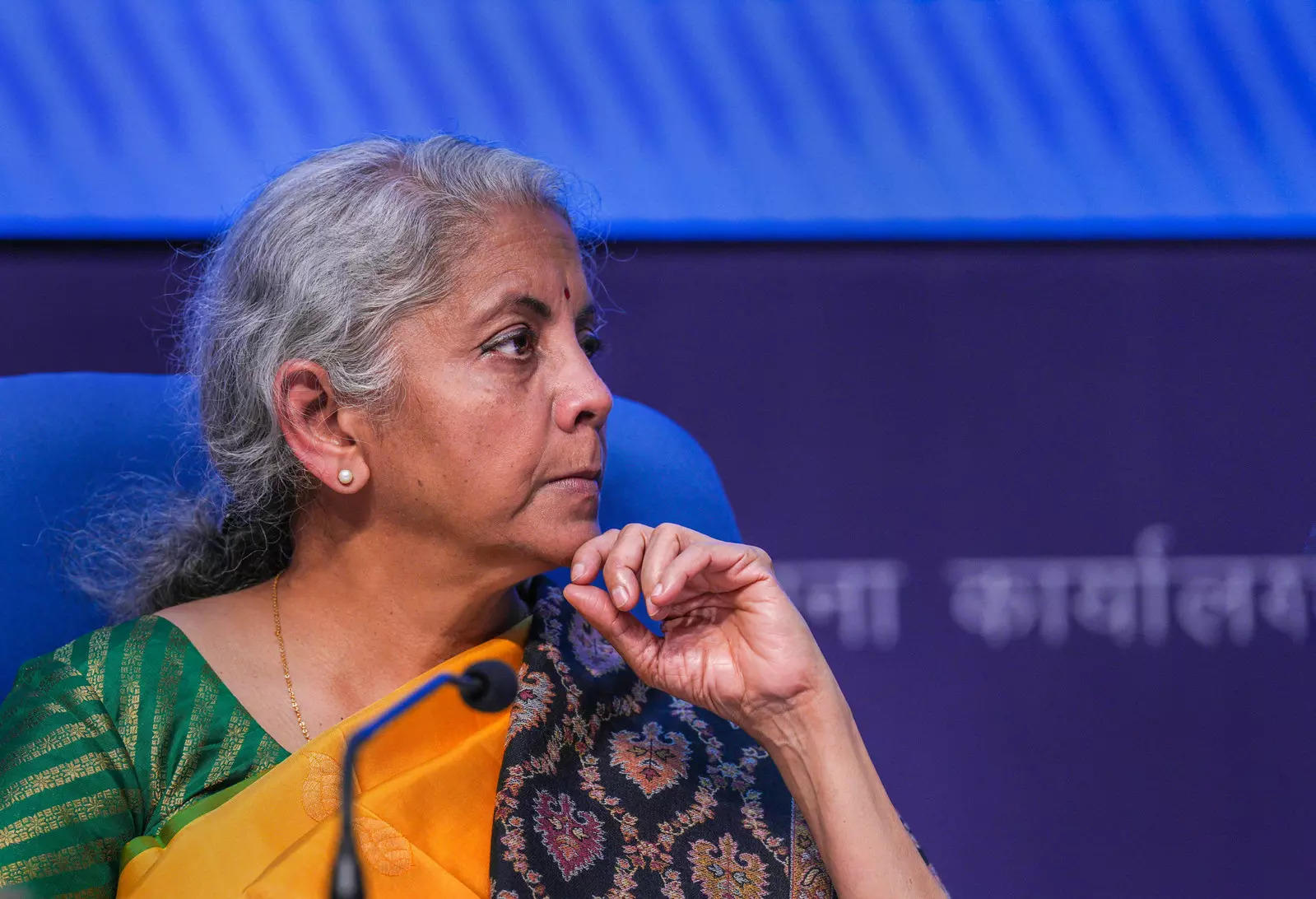On the occasion of the sixth anniversary of the Goods and Services Tax (GST) regime, Finance Minister Nirmala Sitharaman responded to critics who referred to it as the “Gabbar Singh Tax” by labeling the jibe as “shameful.” Sitharaman highlighted the positive impact of GST on consumers, emphasizing that it has provided relief to the common citizens of the country.
The Finance Minister pointed out that the previous tax system, prior to GST, involved multiple taxes that resulted in a cascading effect. This meant that the same product was taxed multiple times, making it costlier for consumers. Sitharaman explained that GST has eliminated this tax-on-tax structure, reducing taxes on various daily-use consumer goods and bringing happiness to every household.
Sitharaman further mentioned that the implementation of GST has simplified tax compliance for taxpayers, leading to a significant increase in the number of registered taxpayers. The figures have risen from 1.03 crore in April 2018 to 1.36 crore by April 2023, showcasing the effectiveness of the streamlined tax system.
During GST Day 2023, Sitharaman highlighted specific common-use items that have seen lower tax rates compared to the pre-GST era. Tea, milk powder, sugar, edible vegetable oils, spices, and footwear priced up to ₹500 now attract a 5% tax rate, compared to the previous tax incidence of 6-10%. Similarly, hair oil, toothpaste, soaps, perfumes, and detergents now have an 18% tax burden, down from the previous average of almost 28%.
The Finance Minister also emphasized that GST has positively impacted the taxation on electrical items such as mixer grinders, refrigerators, vacuum cleaners, TVs up to 27 inches, and washing machines. The average pre-GST tax burden of around 31.5% has been reduced to 12% under GST.
Sitharaman said, “many bathroom & toilet fittings, doors, windows, and frames were earlier taxed at an average rate of 28%, and were brought down to 18%,” adding, “movie tickets which were taxed at almost 35% were brought down to 12% (for tickets upto ₹100) and 18% (for tickets more than ₹100).”
“So these are tangible numbers. So, somebody where to say, GST actually has brought in a burden and I don’t want to repeat the full expression, but it is a fact that it is being called the ‘Gabbar Singh’ tax which is a shame because this country should know.. a step like GST actually brought relief to the common citizens,” she added.
The GST was launched on July 1, 2017, and since then, it has been instrumental in boosting the revenue collection of the government. The latest data from the Finance Ministry shows that GST revenue collection in June 2023 reached ₹1,61,497 crore, crossing the ₹1.60 lakh crore mark for the fourth time. The consistent growth in GST collections reflects the effectiveness of the tax regime.

















